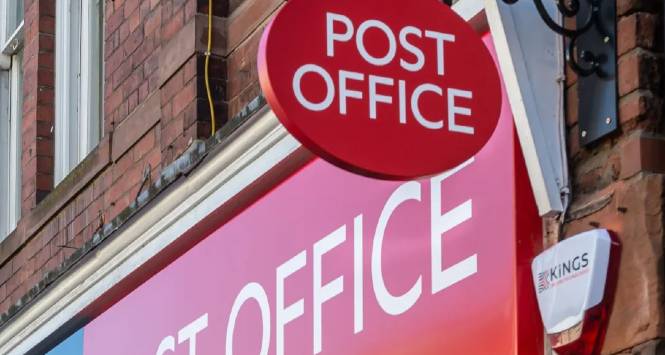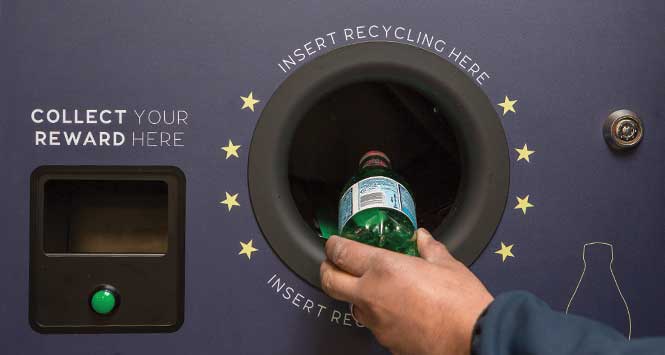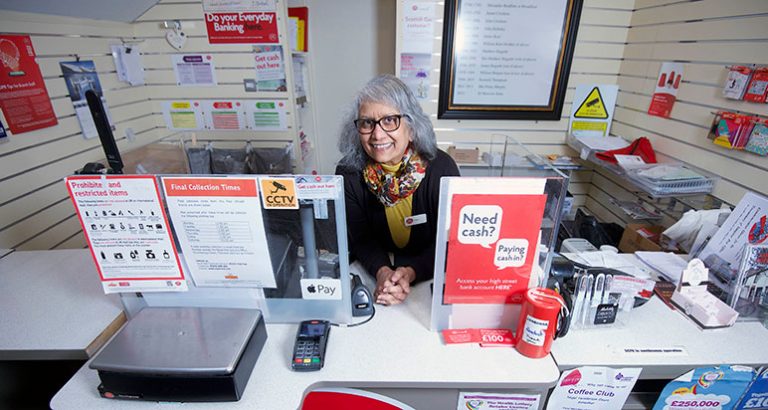Post offices and pharmacies are services that have the most positive impact on a local area, new research reveals.
The Association of Convenience Stores’ 2023 Community Barometer – which look at how people value the services in their area, what they would like more of, and how they would prioritise investment in their community – reveals that the top three services that have the most positive impact locally are post offices, pharmacies, and convenience stores.
The same three services were also rated highest among local people as the most essential, with pharmacies considered the number one most essential local service, followed by post offices and convenience stores.
ACS Chief Executive James Lowman said: “UK consumers are sending a very clear message that a diverse range of local services are essential to the wellbeing of their communities. Convenience stores are increasingly acting as service hubs, including post office counters, prescription collections, and banking services within their businesses, which are highly valued by their customers.”
Martin Roberts, Group Chief Retail Officer at Post Office, added: “I’m delighted that post offices have been recognised as having the most positive impact on a local area. Postmasters provide their communities with essential services, whether it’s banking, paying a bill, topping up gas and electricity cards or sending letters and gifts to loved ones. Consumers value face-to-face customer service and know that at their local Post Office they will be served by a trusted and knowledgeable postmaster.
“Many branches are at the heart of the community and provide an opportunity to socialise helping to add to people’s general well-being. I’m grateful to Postmasters and their teams for all they do serving their communities and this report recognises their hard work and commitment.”
In addition, this year’s report shows that more than half of people believe that it would be beneficial for their local area to have more banks, topping the list of most wanted services. This is followed by specialist food shops and non-food shops like hardware stores.
The report has also highlighted the continuing importance of cash to local people, with only 8% of people saying they never withdraw cash. The most common way that people get access to cash is through a free-to-use ATM in their local convenience store (60%), with around one in three (34%) able to get to a local bank branch to withdraw their money.
The Community Barometer report also looks at the way that different age groups feel about their local convenience stores and the value that they bring to their communities. In this year’s report, 18-24-year-olds were the most-keen on having more convenience stores in their local area compared to other age groups, and were the most positive about their local convenience store being a community hub, reducing loneliness, and helping to keep people safe at night.
Lowman continued: “The importance of convenience stores to older customers is well documented, with stores acting as social hubs and a support network for those that are vulnerable or less mobile, but these figures show that on areas like reducing loneliness, local shops are incredibly important to young people as well. It’s encouraging to see the continued relevance of convenience stores to the next generation of consumers.”
The full Community Barometer report is available on the ACS website here.







